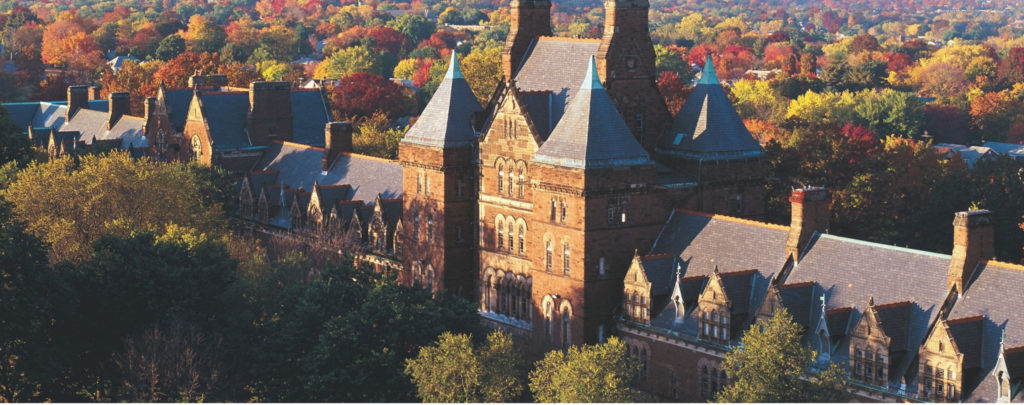Value of a Liberal Arts Education

First, even before the coronavirus, we lived in a tough economy. High-paying jobs were hard to find, and plenty of highly educated people found themselves brewing coffee or driving trucks. Many recent college graduates are wracked with enormous amounts of student debt. Knowing this going in makes one more likely to begin training in a specialized field, perhaps engineering or computer science.
In addition, we have the relatively recent notion that colleges are factories that produce liberals, i.e., that professors and the curricula they use force students into conformity with their views, most of which are liberal. As a result, we often hear people say that colleges do more harm than good.
There are several problems with this position, one of which is that no one wants to be treated for cancer, or to drive across a bridge architected by someone whose education ceased when he graduated with B’s from his local high school.
Next, sorry to say, but I don’t want to live in a world where few people read, play music, appreciate art and culture, or try to make sense of the world around them. The United States has plenty of ignorant people, incapable of critical thinking, uninterested in big ideas, without manufacturing more of them.
And here’s something I came across recently that I found interesting. Someone noted that most of the world’s top historians, economists, social scientists, and philosophers are also university professors–and yes, they’re by and large liberals. But doesn’t that say something about the validity of liberalism in and of itself? If the world’s top players in any discipline see the world a certain way, that alone may be a good reason to conclude that it’s the best framework.
I don’t try to topspin my tennis serve because I think it’s cool; I do it because the world’s tennis pros do.
